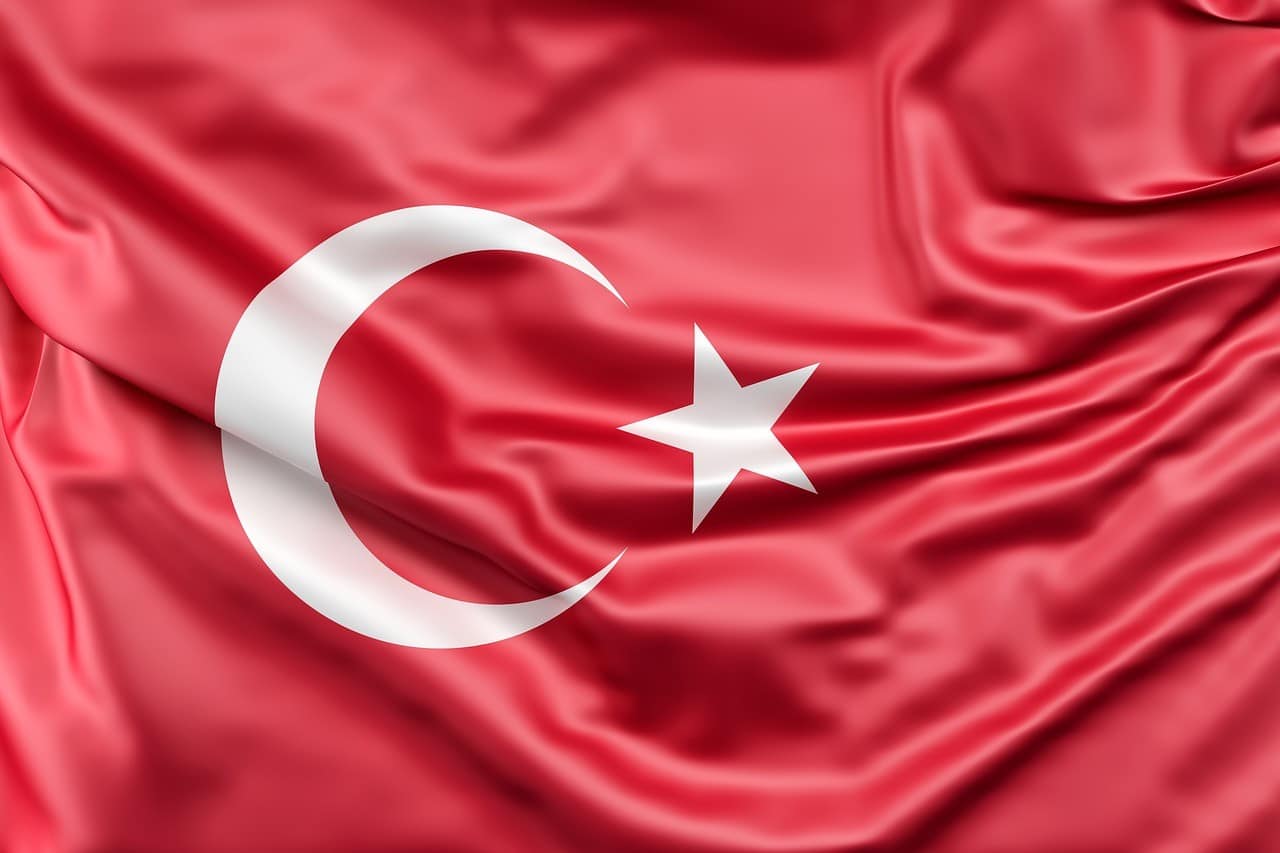
Turkey Unveils Latest Plan against Soaring Inflation
A series of steps have been introduced by the Turkish government that are aimed at its bond and banks market in a bid to tame the surging inflation in the country and to stabilize a declining Lira. Meanwhile, President Tayyip Erdogan has refused to hike up the interest rates in the country. According to the Treasury, their top priority is to combat inflation. The measures were announced in the early hours of Friday, but some analysts said that they will not make much of a difference in an economy that is riddled with high cost of living.
The recommended measures
Amongst the measures that were announced included the issuance of domestic bonds by the Treasury that would be indexed to the revenues of government enterprises. This would increase savings in Lira. Previously, there were 10% reserves required for getting commercial loans in Lira, but this has not been raised to 20% by the central bank. Moreover, consumer loans have also had their maturity tweaked. The Treasury stated that all organizations were working together to resolve the issues.
The announcement of the measures initially saw Lira rally and then it slid once more to a value of 17.06 against the US dollar, which is close to the lowest value it reached last year in December in a currency crisis. The Turkish currency had shed 44% in 2021 and has already lost 23% of its value so far in 2022. The unorthodox policies of President Erdogan has made the emerging market economy extremely risky.
This was evident by the pressure on international bonds, while credit default swaps rose to a whopping 830 basis points. The purpose of the steps is to boost confidence in the Turkish currency and also tame credit growth, which had driven inflation more than 73%, a high not seen in 24 years. Last year, the central bank had reduced interest rates several times because of the pressure from the president, which led to the country’s inflationary spiral. According to Erdogan, the country requires monetary stimulus for boosting investments and exports ahead of the elections scheduled next year.
Analysts not confident about the policies
Despite the announcement of the new measures, analysts do not believe they will be able to do much, as there is no increase in interest rates. Economists said that inflation could not be controlled without a policy change and it would cost the state significantly to not make this change. The measures that have been introduced will only burden the Treasury with the yields they have to pay to investors. According to banks, there has been a rise in deposit yields in recent weeks and the new measures will only lift loan rates and boost banking costs.
Sources had reported earlier this week that the Turkish government had been considering a supplementary budget for covering the summer payments. Import prices have gone up because of the currency crisis and this was only made worse because of the Russia-Ukraine conflict, as food and energy import bills went up.




